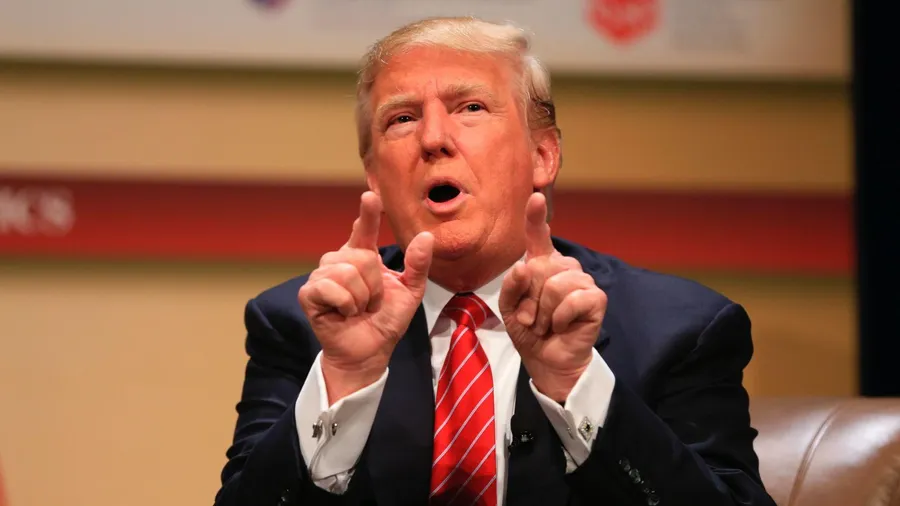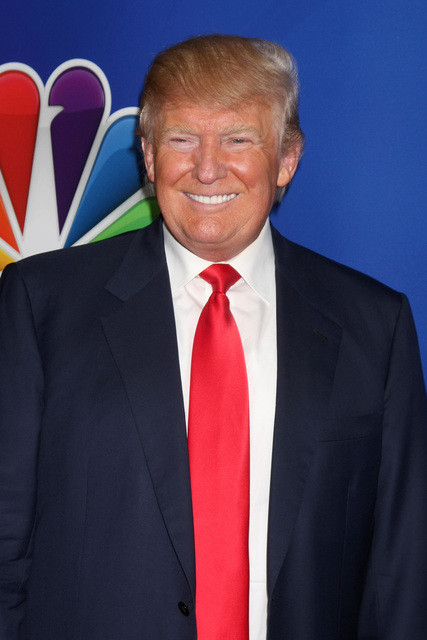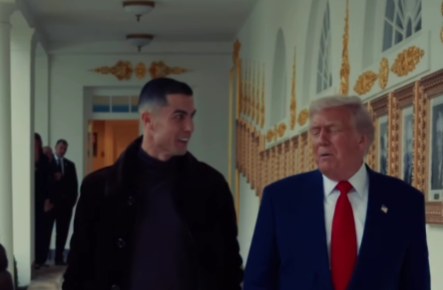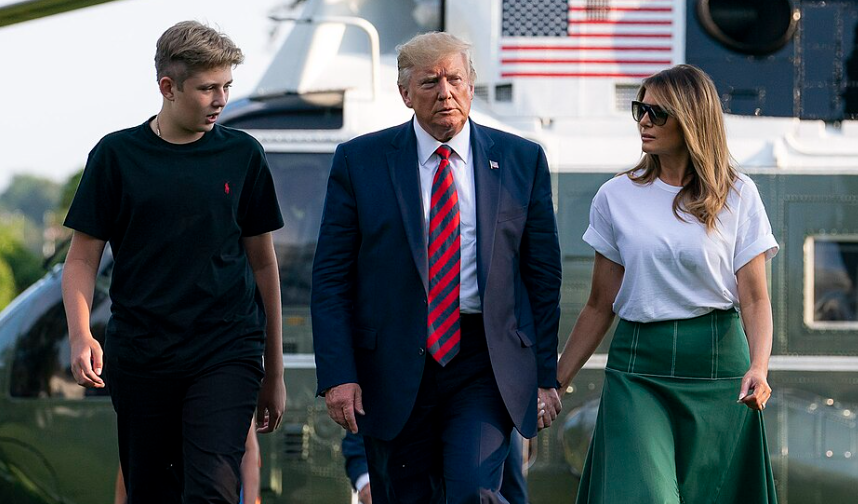Countdown to Shutdown? Trump’s Latest Warning!

© CNN
The possibility of a government shutdown is once again a hot topic in U.S. politics. With the government’s current funding set to expire on March 14, President Donald Trump and lawmakers are debating how to avoid a shutdown.
Trump has warned that a shutdown could still be on the table, even as a spending bill is being negotiated. The situation is bringing to light important issues surrounding government funding, political influence, and the economic impact of a shutdown.

The Threat of a Government Shutdown
A government shutdown happens when Congress doesn’t approve a funding bill, causing federal agencies to stop non-essential services. This means some federal workers may not get paid, national parks could close, and many public services might be affected. Right now, there’s a chance of a shutdown as the deadline gets closer. If Congress doesn’t act soon, the government might shut down.
President Trump has said that, while he hopes a shutdown can be avoided, he’s not completely sure it can be stopped. He said, “It could happen. It shouldn’t happen, and it probably won’t,” but he also thinks the temporary funding bill will likely pass.
The Republican Proposal: A Six-Month Stopgap Bill
To prevent a shutdown, House Republicans have introduced a six-month stopgap spending bill. This bill would extend government funding through September 30, the end of the fiscal year. The stopgap bill includes several key proposals:
Increased Defense Spending: The bill calls for a $6 billion increase in defense spending, which is part of the Republican party’s priority to strengthen military funding.
Cuts to Non-Defense Spending: In contrast, non-defense spending would be cut by $13 billion, affecting programs unrelated to defense.
In addition, the bill proposes pay raises for military personnel, focusing especially on junior enlisted members. There’s also increased funding for air traffic control to ensure safe air travel. Despite these provisions, the bill has faced some criticism, particularly from Democrats who are concerned about cuts to essential services like Social Security, healthcare, and infrastructure.

Trump’s Influence and Party Tensions
Trump has strongly supported the bill and asked Republicans to back it. He made it clear on social media, saying, “All Republicans should vote YES next week.” However, not all Republicans agree.
One of the critics, Rep. Thomas Massie, is a fiscal conservative who thinks the bill will just keep wasting government money. In response, Trump has called for someone to challenge Massie in the next election.
What Happens if the Government Shuts Down?
If the government does shut down, there will be several immediate consequences:
Furloughed Employees: Hundreds of thousands of federal workers may not be paid, and many will be sent home without work.
Service Disruptions: National parks, museums, and certain government services could close, affecting the public.
Economic Fallout: Beyond the inconvenience, a shutdown could harm the economy, especially in sectors that rely on government services.
Despite the threat of a shutdown, analysts believe the chances of it happening are still relatively low—estimated at about 29%. However, this could change as negotiations continue and the deadline nears.
You may also be interested: Omegle Shutdown: How Criticism Over Abuse Led To Its Demise


